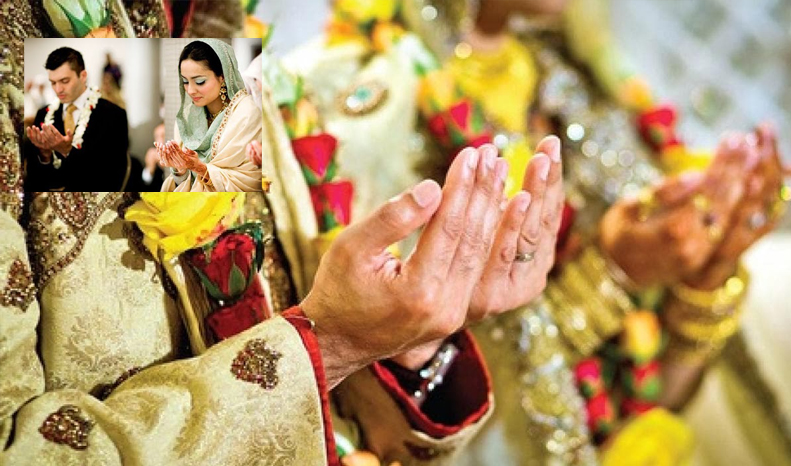Muslim Law in India, also known as Islamic Civil Law, governs the personal law of Muslims in the country. It comprises the injunctions of the Quran supplemented by state legislation and judicial precedents.
Essential Features of Muslim Marriage
- A Muslim marriage is based on mutual consent, requiring proposal (Ijab) from one party and acceptance (Qubul) from the other.
- Consent must be freely given without coercion, fraud, or undue influence.
- Marriage contracts can include ante-nuptial or post-nuptial agreements within legal limits.
- Terms of marriage contracts can be altered within legal boundaries.
- While discouraged, provision exists for the breach of marriage contracts.
Requirements and Procedure
- Proposal and acceptance are essential, constituting a declaration and acceptance of marriage.
- The agreement must be witnessed by two adult witnesses.
- Proposal and acceptance must occur in the presence of each other or their representatives.
- Both parties must agree to the marriage at one meeting, and the transaction must be completed in a single session.
- Reciprocity between offer and acceptance is required, without conditions.
Competent Parties and Legal Disabilities
Parties to a Muslim marriage must be competent to enter into a contract:
- They must be mentally sound and have attained puberty.
- They must have the capacity to understand the nature of their act.
Legal Disabilities
Prohibitions on marriage include:
- Absolute incapacity arising from consanguinity, affinity, and fosterage.
- Relative incapacity or prohibition.
- Prohibitive incapacity.
- Directory incapacity.
These prohibitions prevent marriage between close blood relatives or individuals who have a familial or foster relationship.
Understanding the essentials and legal requirements of Muslim marriage law is crucial for ensuring the validity and legality of marital contracts.



